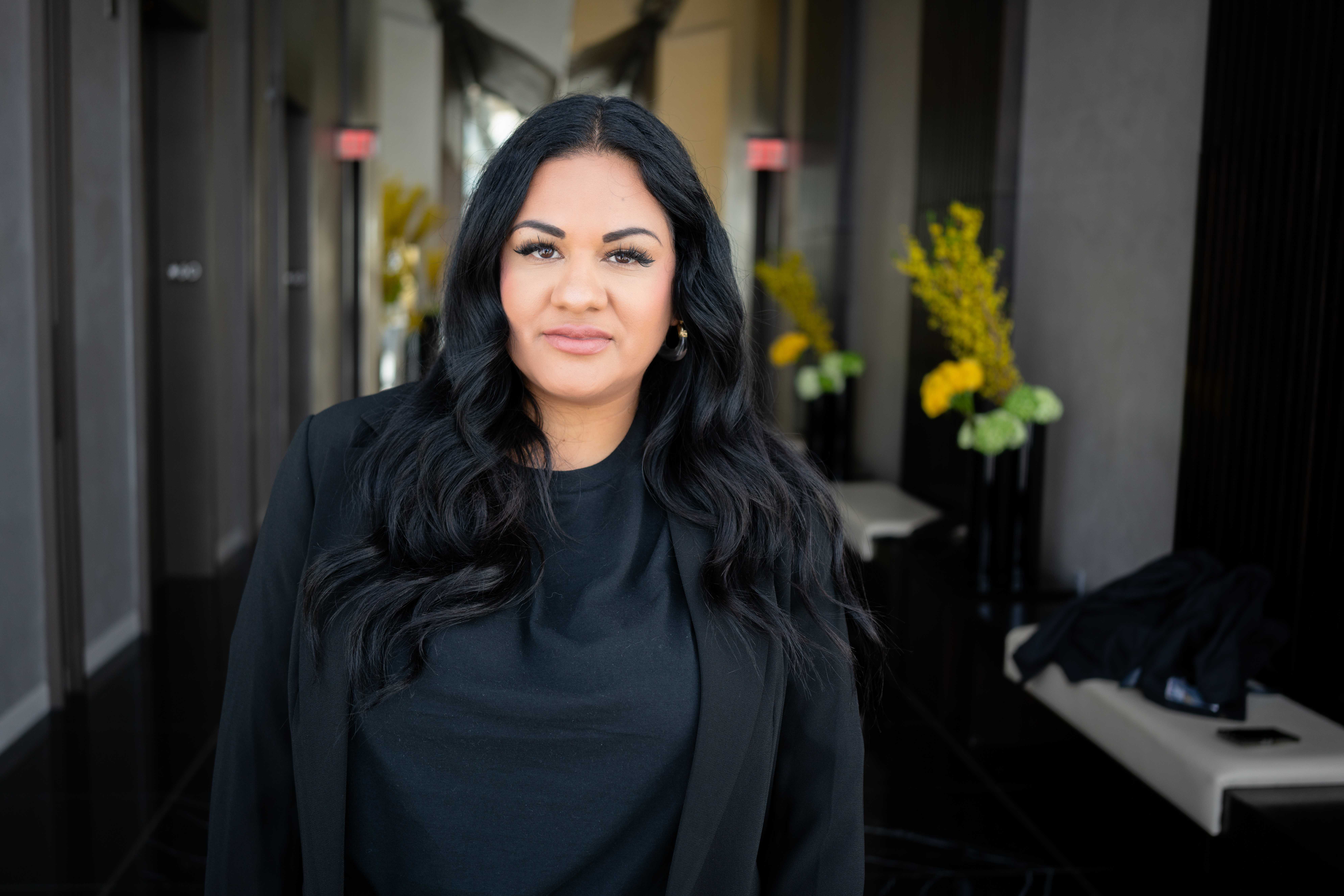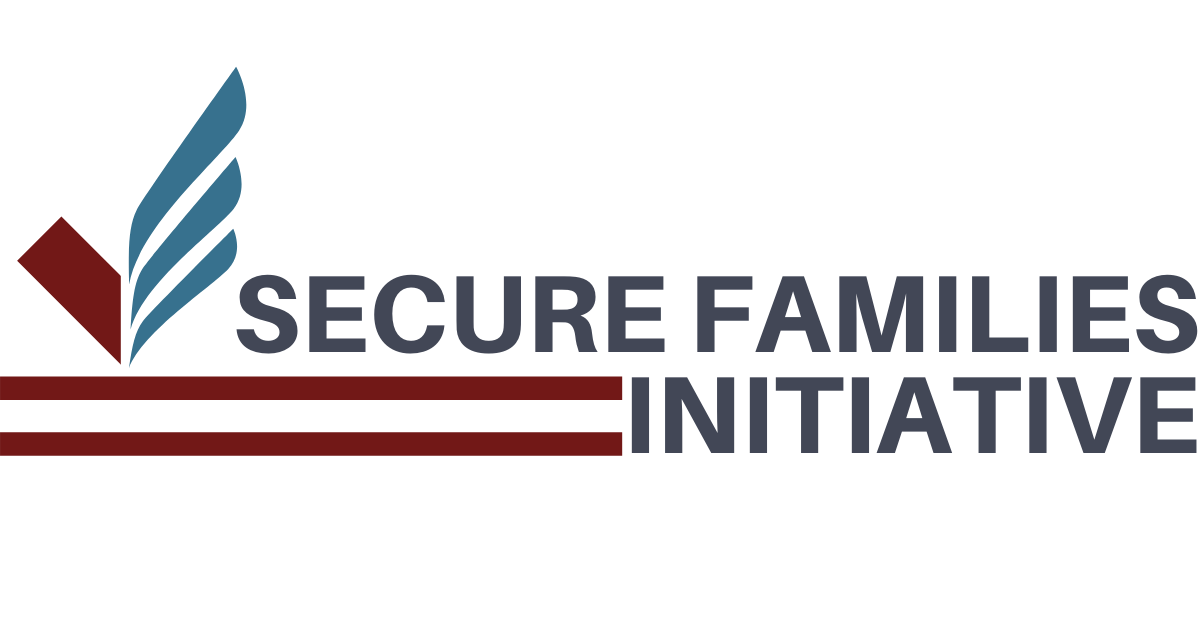
In 2005, my husband and I were at his recruiting office in Birmingham, Alabama discussing the upcoming Marine Corps Ball that would take place in Mississippi. My husband’s boss warned during the conversation that we should “not make any stops on the drive there.”
When he said it, I didn’t immediately understand what he meant. My husband is African American and I am Indigenous/Mexican, and this was the first time we were cautioned about our safety as an interracial couple. We weren’t from the South and only in the area because of military orders. But, that moment was the first time that I feared we might be in harm’s way.
Attending a military ball is supposed to be a celebration, an occasion to get dressed up while your spouse puts on his “dress blues.” You feel proud to be on the arm of someone who proudly serves their country. Instead, for us, it felt scary and that we should be ashamed.
At the time, it was less than forty years after the Supreme Court decided, in Loving vs. Virginia, that laws banning interracial marriages like mine were unconstitutional. But what I didn’t know then, is that Alabama did not protect the right to interracial marriages until a ballot initiative in 2000!
Feeling appreciative that his boss warned us, I have often wondered: What if he didn’t tell us? What would have happened if we decided to stop for food or sightseeing along our drive?
It’s now 2024 and the “What ifs?” haunt me to this day because I am now a military parent. My son son serves in the United States Marine Corps and is in an interracial marriage living in North Carolina. I worry about whether he or his wife will experience the things we did while on recruiting duty. Will he be in fear of traveling because he is black and his wife is white? Will a commander warn him as my husband’s boss warned us? Will he still feel proud to wear the uniform even though some people will only see the color of his skin?
I protected children the best I could with what I had. With no resources or support in the state, I had no friends or relatives. We were not associated with a local base so I had no military sense of community.
I was in survival mode for those four years while we were there and when we left for another duty station we experienced multiple wartime deployments. I was never at peace.
My children are former military kids who asked me if their father was going to come home safely. We are a family that would record messages on our voicemail so he could hear our voices, just in case we missed his call. We are a family that kept the American flag flying in our driveway to show our support. Our family was turned upside down and the sequence of those duty stations was a traumatic time for myself and my children.
Looking back on my experience, it’s clear that I was ill-equipped and I wish I had been provided access to more information about the reality of where we were living. I know firsthand the importance of having vital information available for military families and I urge leaders to provide it.
Give military families transparency on the duty stations and the pros and cons for their specific family’s needs. Give military families the opportunity to build healthy communities where they are seen and heard, and the ability to build strong relationships while planting roots. Give military children peace while their parents serve our country.
Shalena Critchlow is the parent of an active-duty Marine and former military spouse, and is a descendant of the Luiseno Rincon Band of Indians and the Santa Ysabel San Dieguito Indians tribe in Southern California. She recently co-authored a piece published in Newsweek, “What the JCPOA Withdrawal Anniversary Means for Military Families.”
